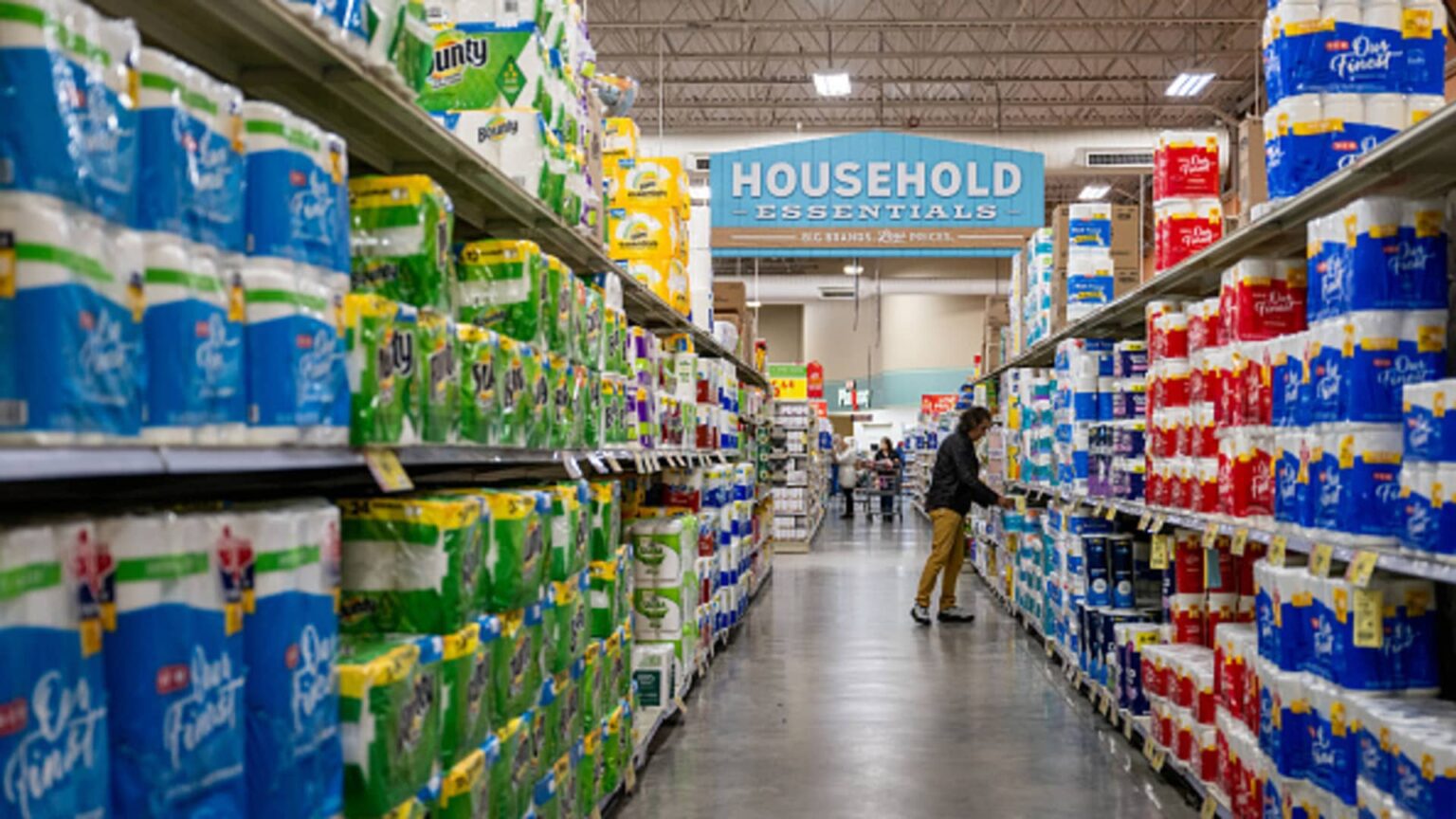Rising Costs Ahead: Impacts of New U.S. Tariffs on Consumables
As the Trump administration’s latest tariffs come into effect, American consumers are expected to face increased prices on a variety of essential goods, including staples like coffee, bananas, vanilla, and toilet paper.
Overview of New Tariffs
The U.S. government plans to raise tariff rates on products imported from over 180 nations and regions. This initiative aims to revive domestic job opportunities but raises concerns regarding the availability and pricing of certain essential ingredients and materials that cannot be sourced domestically.
Critical Components and Consumer Impact
According to the Consumer Brands Association (CBA), which represents major corporations such as Coca-Cola, Procter & Gamble, and Target, the intent behind these tariffs could inadvertently lead to higher prices and reduced access to numerous consumer staples.
“However well intended, the success of the President’s America First Trade Policy must recognize the U.S. companies that are already doing it the right way but depend on imports for specific ingredients and inputs that cannot be sourced domestically,” stated Tom Madrecki, vice president of supply chain resiliency for the CBA.
Essential Items Likely to See Price Increases
Several items are particularly at risk of price increases due to these tariffs:
- Coffee and Cocoa: The U.S. climate limits the production of essential beverages and snacks, necessitating imports.
- Bananas: The U.S. was the leading importer of bananas in 2023, with significant quantities sourced from Guatemala, which will be affected by a 10% tariff.
- Vanilla: With Madagascar providing over 75% of U.S. vanilla imports, a significant 47% tariff will impact pricing.
- Household Products: Essential items such as toilet paper, diapers, and shampoos may also see price rises due to higher costs for raw materials like wood pulp and palm oil.
Agricultural Supply Challenges
In addition to the direct impact on consumer goods, shifts in U.S. agricultural production further complicate the situation. For instance, over 90% of oats consumed in the U.S. are imported from Canada, as domestic production has significantly declined. This could lead to shortages and heightened prices as tariffs take effect.
Market Reactions
Following the announcement of these tariffs, financial markets experienced volatility. However, shares in the consumer staples sector, encompassing many CBA members, saw increases. For example:
- Procter & Gamble shares rose by over 1%.
- Coca-Cola’s stock experienced a 2% increase.
- General Mills’ shares climbed by 3%.
Conclusion
As the new tariffs unfold, American consumers will need to brace for potential increases in everyday item prices. Industry advocates, including those at the CBA, stress the importance of considering the availability of critical imports in future trade policies to mitigate these impacts on both businesses and consumers alike.
